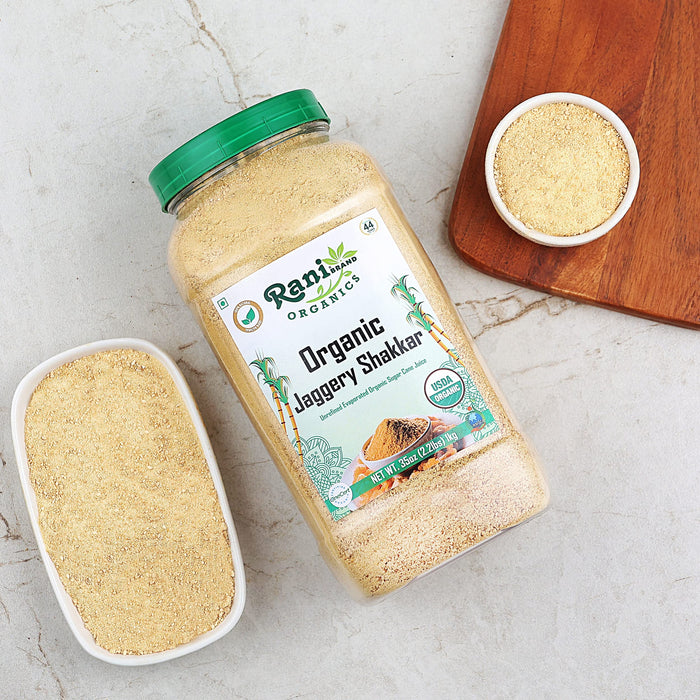Sugarcane Product: A Key Ingredient in Sustainable Materials
Wiki Article
Discovering Sugarcane Products: Versatile Uses and Profits
The exploration of sugarcane products discloses a remarkable variety of applications that extend well past the acquainted realm of sugar. As we examine the multifaceted payments of sugarcane, one could ask yourself exactly how these diverse usages can reshape markets and way of lives in a rapidly advancing world.Overview of Sugarcane
Although sugarcane is frequently associated largely with sugar manufacturing, it is a flexible crop with a rich background and numerous applications. Grown in tropical and subtropical areas, sugarcane flourishes in cozy climates and well-drained dirts, contributing dramatically to lots of economic situations worldwide. This seasonal yard, belonging to the category Saccharum, can grow to heights of approximately 4 meters, showcasing its robust nature.Past its main duty in sugar extraction, sugarcane functions as an essential source for numerous by-products. The coarse residue, called bagasse, is used for creating bioenergy and as a raw material for producing paper and naturally degradable products. Furthermore, molasses, a byproduct of sugar refining, is rich in nutrients and frequently used in pet feed and fermentation processes.
Sugarcane also plays a considerable duty in typical medicines and cultural practices in several areas, highlighting its relevance past industrial use (sugarcane product). Moreover, with the enhancing concentrate on sustainable agricultural methods, sugarcane is being discovered for its possibility in biofuels and carbon capture, placing it as a principal in the transition towards renewable energy sources. Thus, the flexibility of sugarcane extends much beyond the boundaries of sugar manufacturing
Sugarcane in Food Products


Beyond sweeteners, sugarcane is the resource of energy-rich items such as jaggery and panela, which are standard raw sugars made use of in many societies. These items not only sweeten foods but additionally impart dietary advantages and one-of-a-kind flavors.
Sugarcane juice, a revitalizing beverage enjoyed in several exotic regions, showcases the plant's flexibility. It is often taken in fresh or fermented into alcohols like rum.
In addition, sugarcane fibers, called bagasse, are occasionally utilized to create food product packaging materials, stressing the eco-friendly benefits of sugarcane processing. Generally, sugarcane's contribution to food products is complex, enhancing flavors, giving nutritional value, and playing a considerable duty in culinary traditions around the world.
Industrial Applications of Sugarcane
In numerous industries, the adaptability of sugarcane prolongs much beyond its cooking applications. Sugarcane works as a crucial basic material in the manufacturing of biofuels, particularly ethanol, which is increasingly made use of as a sustainable power resource. This biofuel is derived via fermentation and distillation procedures, providing a lasting option to fossil gas and adding to a decrease in greenhouse gas exhausts.
Additionally, the sugarcane sector has found applications in drugs, where its elements are utilized in the solution of different medicinal products. The natural substances extracted Check This Out from sugarcane exhibit antimicrobial and antioxidant buildings, improving the efficiency of particular medicines.
Last but not least, sugarcane is important to the manufacturing of a series of chemicals, consisting of glycerol and natural acids, which are vital see for numerous commercial processes. These applications highlight sugarcane's considerable role in advertising commercial sustainability and advancement.
Ecological Benefits of Sugarcane
The complex applications of sugarcane not only enhance commercial processes yet also contribute substantially to ecological sustainability. As a sustainable resource, sugarcane farming plays an essential role in carbon sequestration, soaking up significant quantities of co2 from the ambience. This process aids reduce environment adjustment by minimizing greenhouse gas focus.Moreover, sugarcane results, such as bagasse and molasses, supply environment-friendly choices to standard products. Bagasse, the coarse deposit after juice extraction, can be utilized as a biomass fuel, lowering dependence on fossil gas and advertising cleaner power resources. Additionally, molasses can be transformed into bioethanol, better supporting sustainable energy campaigns.
Sugarcane farming also advertises biodiversity and soil wellness. Lasting agricultural practices, such as intercropping and plant turning, improve dirt fertility and reduce disintegration. The plant's deep origin system aids in water retention, thereby improving and sustaining neighborhood ecosystems durability versus drought.
Wellness Advantages of Sugarcane
Rich in important nutrients and all-natural sugars, sugarcane supplies countless wellness benefits that make it a useful addition to a balanced diet regimen. Its high fiber web content aids in food digestion, promoting gut health and wellness and preventing bowel irregularity. Additionally, sugarcane gives antioxidants, which fight oxidative stress and anxiety and might lower the risk of chronic illness.Moreover, sugarcane juice is recognized for its hydrating buildings, making it an exceptional beverage choice, particularly in warm climates. The all-natural sugars present in sugarcane supply a fast power boost, helpful for professional athletes and those taken part in physical activities. It also contains important vitamins and minerals, such as vitamin C, calcium, potassium, and magnesium, which contribute to general health.
Studies recommend that sugarcane might assist manage blood glucose levels, making it a preferable sugar for people with diabetes when consumed in small amounts. Its anti-inflammatory homes can support liver wellness and help in detoxification.
Final Thought
Finally, sugarcane becomes a highly versatile crop with significant payments to numerous markets. Its varied applications in food, industrial usages, and ecological sustainability underscore its significance. The by-products of sugarcane, such as bagasse and molasses, promote green methods, while its health advantages improve general well-being. The diverse nature of sugarcane not just sustains economic development but likewise promotes sustainable growth, highlighting its worth in modern society.Although sugarcane is commonly associated mostly with sugar manufacturing, it is a versatile crop with a rich background and numerous applications.Past its main role in sugar extraction, sugarcane serves as a crucial source for numerous spin-offs. Primarily understood for producing visit their website sugar, sugarcane is transformed right into granulated sugar, brown sugar, and molasses, each offering unique culinary functions.Rich in necessary nutrients and natural sugars, sugarcane offers numerous health benefits that make it a useful enhancement to a well balanced diet. The all-natural sugars present in sugarcane give a fast energy boost, valuable for athletes and those engaged in physical tasks.
Report this wiki page